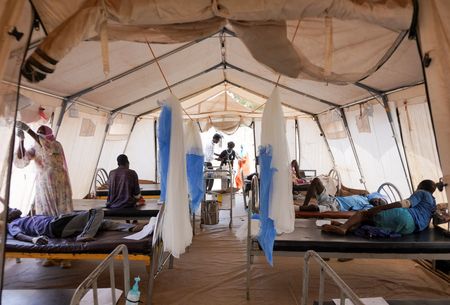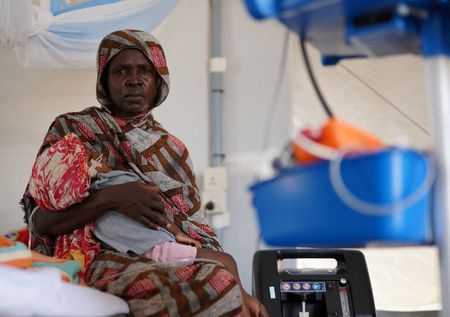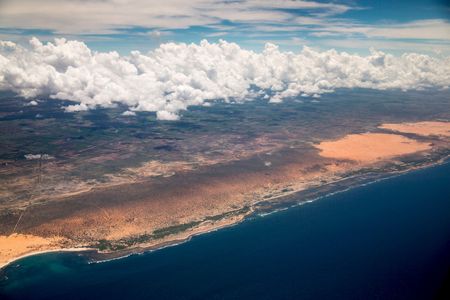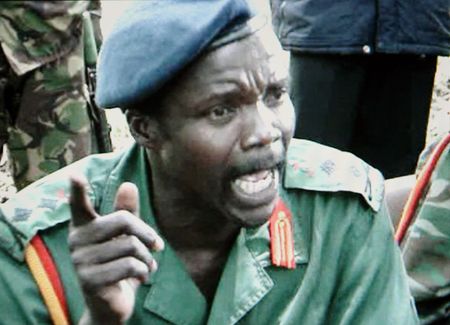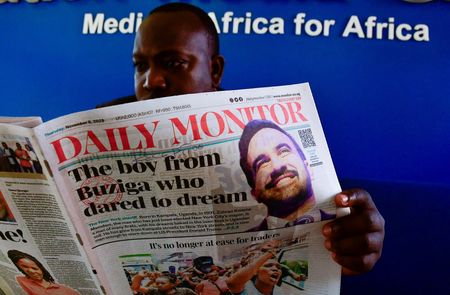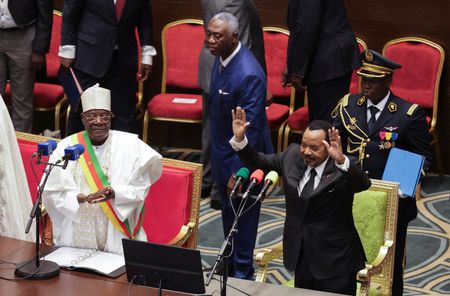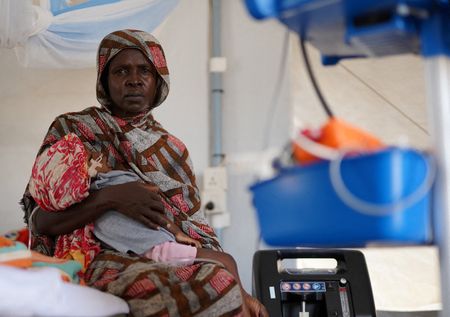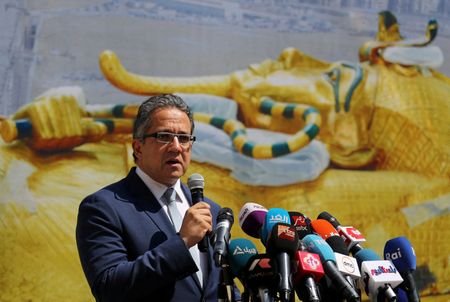PARIS (Reuters) -France’s foreign ministry said on Thursday that the decision by the military-led government in Mali to turn to Russia and armed groups linked to Moscow for security assistance to fight Islamist militants had proven to be a failure.
A two-month-old fuel blockade by al Qaeda-linked militants has all but paralysed Mali’s capital Bamako, putting pressure on the military government and raising concern that the jihadists might try eventually to impose their rule on the West African country.
“We are following the security situation in Mali with a great deal of attention and genuine concern,” foreign ministry spokesperson Pascal Confavreux told reporters at a weekly press conference.
“What I could add is that we can see that the contested presence of Russia, or forces associated with it in Mali, does not in any way ensure the security of Malian women and men.”
A spokesperson for Mali’s Communications Ministry did not immediately respond to a request for comment.
Islamist insurgencies in the north and political instability have fuelled more than a decade of turmoil in Mali, eventually leading to a series of coups in 2020 and 2021 that brought a military-led government to power.
For more than a decade France had deployed troops to the Sahel region starting in 2012 when Mali asked the former colonial power to intervene to stop Islamist militants taking control of its capital Bamako.
The French were eventually forced to leave the region after a wave of anti-French sentiment stoked in part by Moscow.
Assimi Goita, Mali’s current military leader, seized power and promised to turn the tide in the fight against the militants. His government then pursued a strategy of severing defence cooperation with France and the United States and instead leaning on Russia.
France still has an embassy in Bamako that focuses primarily on providing consular services for some 4,000 French nationals registered in the country, Confavreux said.
“Their fate and safety is obviously one of our priorities,” he said.
(Reporting by John Irish; Editing by Hugh Lawson)


